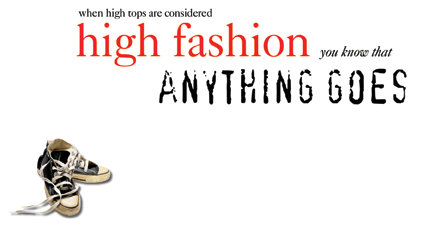May 22, 2008
In
graphic design
Never Out of Style
we’ve been there. we’ve seen trends come. and go. and come back.
what drives a style, a “look”, or an effective ad campaign? what’s at the pulse of changing appetites? how do you keep from missing a beat – the one beat that counts? the one they’ll want to dance to, shout about, make the call for. we believe it has a whole lot to do with the one thing we know for certain never goes out of style: creativity.
…………………………………………………………………………
I have alot more to say about creativity, but will have to add on at a later time. For now I’ll leave you with this 20-minute video from a TED conference, in which Sir Ken Robinson gives a brilliant, witty, very-listenable and thought-provoking talk on education and creativity.




